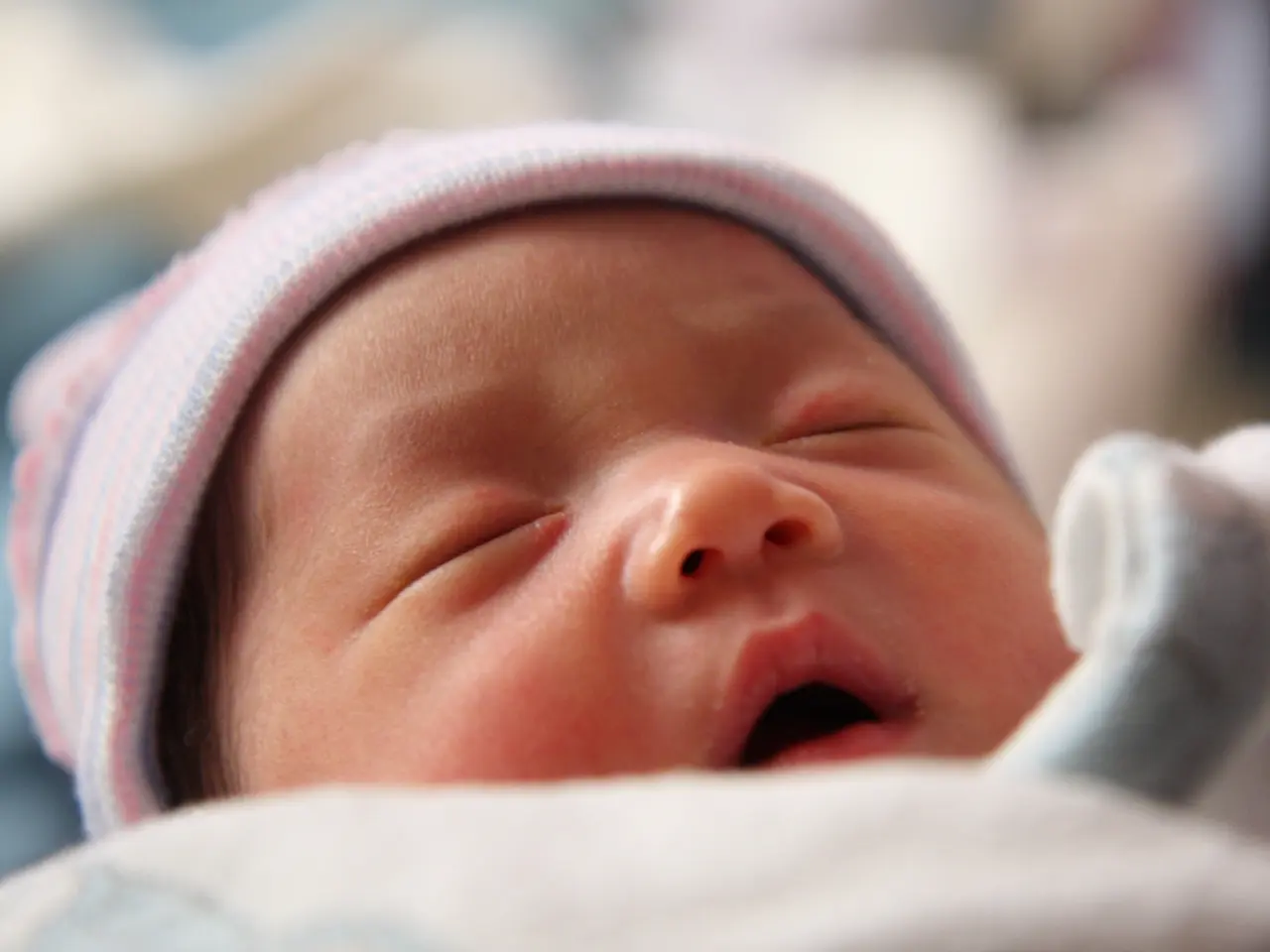Is it possible to sleep with a concussion and what are the outcomes, along with when assistance should be sought?
## Current Guidelines for Sleep and Monitoring Symptoms for Individuals with a Concussion
In the aftermath of a concussion, a type of traumatic brain injury typically caused by a bump, blow, or jolt to the head, individuals are advised to take special care in their sleep and symptom monitoring.
### Sleep Guidelines
Contrary to popular belief, it is generally safe for individuals to sleep after a concussion, but it is essential to keep a close eye on any worsening symptoms. For the first few nights, it may be advisable to wake the person up every few hours to assess for any concerning changes in their condition, but this should be done with medical supervision to avoid unnecessary sleep disruption.
Long sleep durations, especially over 9.9 hours per night in the first two weeks post-concussion, have been associated with higher symptom burdens and persistent symptoms in youths. Rest, including naps, is important for recovery, especially in the first few days following a concussion, but excessive sleep can have negative effects on recovery.
### Monitoring Symptoms
Regular monitoring of symptoms such as dizziness, confusion, headaches, and changes in sleep patterns is crucial. A family member or caregiver should be present to observe for any acute changes in behavior or severity of symptoms. It is recommended to seek medical advice immediately if symptoms worsen or if there are concerns about mental status changes.
### Additional Considerations
The symptoms of a concussion fall into four categories: thinking or remembering, physical, emotional, and sleep. A person should avoid driving a vehicle or operating heavy machinery until a medical expert says it is safe to do so. Rest is crucial after a concussion for the brain to heal, and a person should avoid excessive use of electronic devices during recovery.
A concussion can affect a person's sleep patterns or sleep quality, causing them to sleep less than usual, sleep more than usual, or be unable to get to sleep. A person should avoid using alcohol and any unprescribed drugs, as these can slow recovery.
Infants and young children who experience a blow to the head may display behavioral changes such as crying a lot or more than usual, differences in eating or sleeping habits, or a loss of interest in people, toys, or other objects. These children require immediate medical attention. Adults with a concussion should make sure another adult is there to monitor their symptoms and recovery.
Regular follow-up with a healthcare provider is necessary to ensure proper recovery and to address any complications that may arise. Parents and caregivers of infants and young children with a concussion should monitor them to ensure they are getting enough rest.
Post-concussion syndrome, where symptoms persist for several months, can occur following a single concussion and is more common in those with a history of multiple concussions. A concussion can create chemical changes inside the brain and can even stretch and damage brain cells.
Medical experts now agree that people can safely sleep with a concussion, thanks to sophisticated imaging techniques and easier monitoring. However, it is crucial to remember that each case is unique, and individual recovery times and needs may vary. Always consult with a medical professional for personalised advice and guidance.
- The wake-and-check method, aiming to assess changes in condition, might be beneficial for individuals with a concussion during their initial sleep periods, but it should be carried out with medical supervision to avoid sleep disruptions.
- A comprehensive monitoring strategy for those with a concussion involves tracking multiple symptoms, such as dizziness, confusion, headaches, and sleep pattern changes, among family members or caregivers.
- People affected by chronic diseases like multiple sclerosis, bipolar disorder, asthma, or sleep disorders need to pay particular attention to their sleep patterns during the recovery phase following a concussion.
- Predictive science indicates that excessive sleep lasting over 9.9 hours per night in the first two weeks post-concussion can lead to a higher symptom burden and persistent symptoms in youths.
- Medical-condition management often requires adherence to health-and-wellness best practices, such as avoiding alcohol consumption and electronic device overuse during recovery from a concussion.
- Individuals who have suffered multiple concussions are at an increased risk of developing post-concussion syndrome, where persistent symptoms may last for several months, due to the possibility of stretching and damaging brain cells, and chemical changes in the brain.




